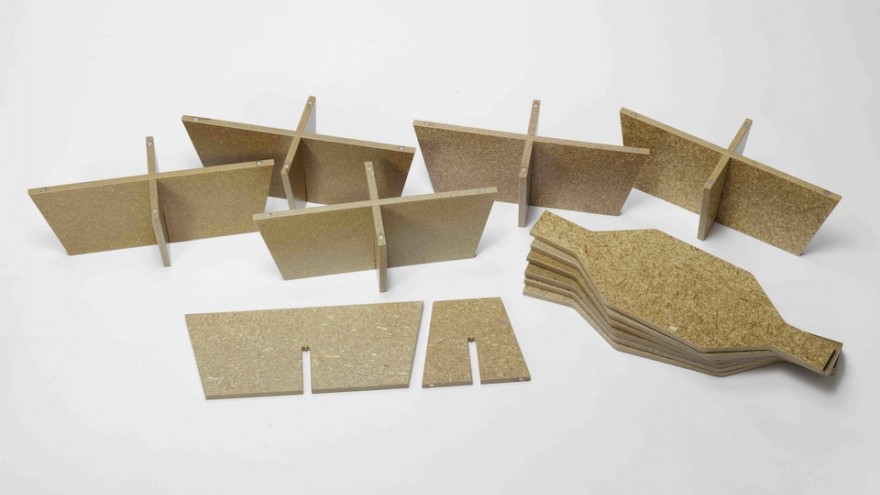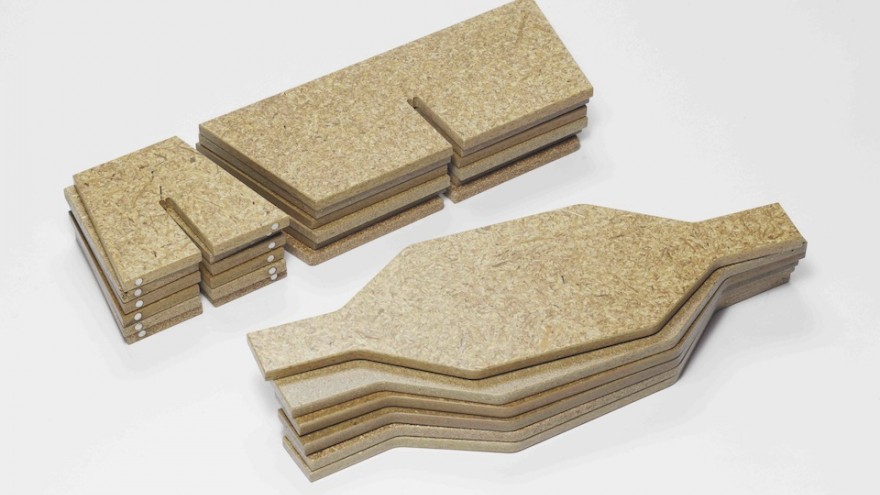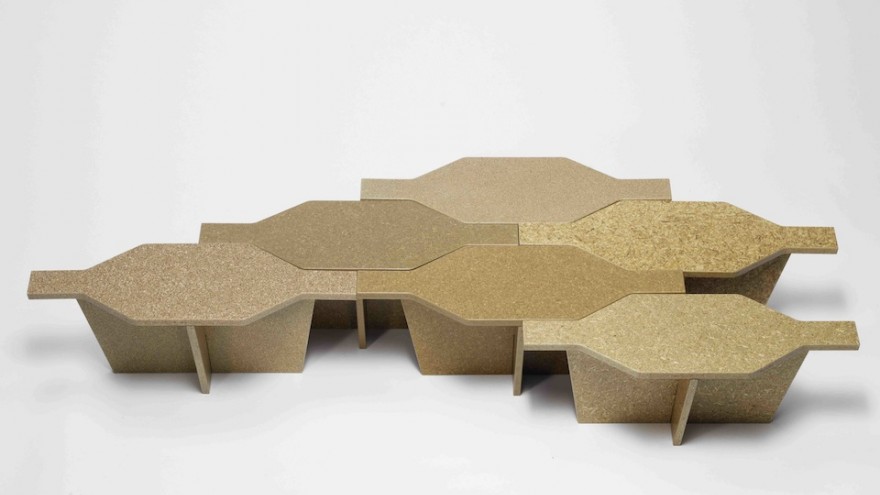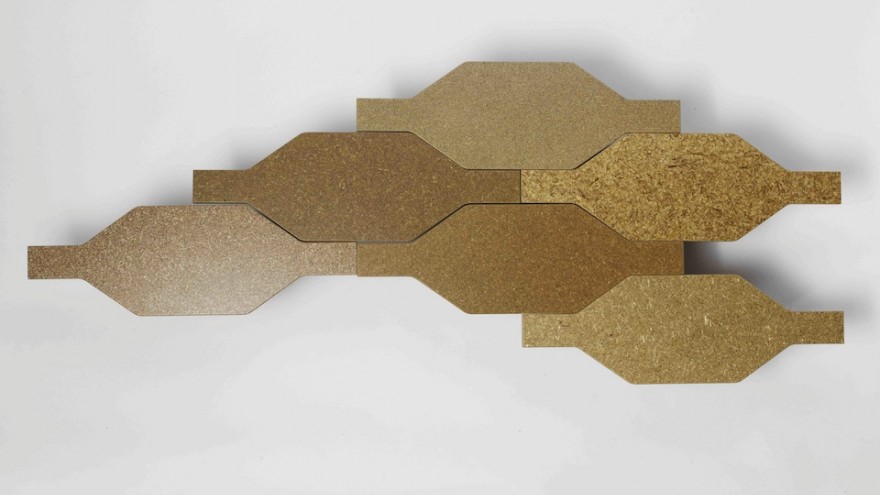Part of the Project
A groundbreaking and innovative project is set to tackle issues of agricultural waste and lack of housing in Africa.
Professor of Architecture and Design Theory Bachelor Architecture Charles Job has collaborated with the Bern University of Applied Arts to acquire a research project that aims to develop building materials from agricultural waste products for affordable housing in Nigeria.
The ultimate goal of the research project is to provide a series of prototype case study houses that are informed by local building traditions and can be integrated into the local community. With this goal in mind, the research project aims to use locally-sourced agricultural waste materials such as corn cobs, rice husks and groundnut shells as a sustainable alternative to cement, as well as a more cost-effective alternative to imported timber products for the construction of low-cost houses. Using these materials further reduces the pollution released by the incarnation of corn, rice and groundnut residue.
The “Occasional Table” is the first prototype on which Jobs hopes to continue and extend the research project. The tables are simple interlocking shapes, each made from a different recycled agricultural waste material. The tabletops are attached to the supporting legs with strong magnets to simplify production, transport and self-assembly. The table reveals how the material can be applied to various designs including walls for low-cost housing.
The particle boards from agricultural waste tables were on display at Design Indaba Expo’s groundbreaking exhibition Africa is Now, which was a large part of this year’s event. The innovative tables were shown as part of the exhibition’s “Urban” theme, which was dedicated to shrugging off the perception that Africa is largely rural. The theme looked at Africa as a place for growth and opportunity.
The research project as a whole was awarded a Holcim Award for Sustainable Construction in 2011 and the Materialica Design + Technology Gold Award in 2012.








